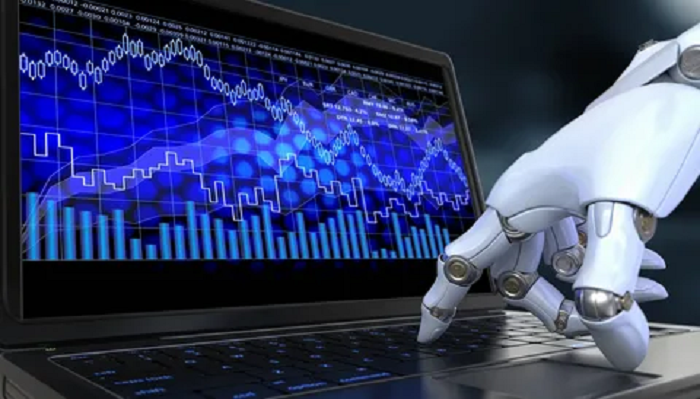In recent years, the financial markets have witnessed a significant shift towards automation. One of the most notable advancements in this field is the rise of automated trading bots. These sophisticated computer programs are designed to execute trades in financial markets with minimal human intervention.
With the ability to analyze vast amounts of data and execute trades at lightning speed, automated trading bots have revolutionized the way trading is done. This article explores the concept of automated trading bots, their advantages, challenges, and their impact on financial markets.
What are Automated Trading Bots?
Automated trading bots, also known as algorithmic trading bots or simply trading bots, are computer programs that use predefined rules and algorithms to automatically execute trades in financial markets. These bots can analyze market data, such as price movements and trading volumes, and make decisions based on predefined strategies or parameters set by traders or developers. The key goal of these bots is to generate profits by capitalizing on market inefficiencies and opportunities that may arise.
Advantages of Automated Trading Bots:
- Speed and Efficiency: One of the primary advantages of automated trading bots is their speed and efficiency. These bots can analyze and process vast amounts of market data in real-time, enabling them to make split-second trading decisions. This speed is crucial in fast-paced markets where even a small delay can result in missed opportunities. Additionally, trading bots can execute trades automatically, eliminating the need for manual intervention and reducing the risk of human errors.
- Backtesting and Optimization: Trading bots allow traders to backtest their strategies on historical market data. This enables traders to assess the performance of their strategies and make necessary adjustments before deploying them in live trading. Backtesting helps traders identify flaws or weaknesses in their strategies and optimize them for better performance. This iterative process enhances the effectiveness of trading strategies and increases the chances of profitability.
- Emotional Discipline: Automated trading bots are not influenced by emotions, which can often cloud human judgment. Traders may experience fear, greed, or other emotions that can impact their decision-making process. Bots, on the other hand, operate based on predefined rules and algorithms, eliminating emotional biases. This disciplined approach can lead to more consistent and rational trading decisions.
Challenges and Risks
While automated trading bots offer numerous advantages, there are also challenges and risks associated with their usage:
- Technical Complexity: Developing and maintaining a trading bot requires technical expertise in programming and finance. Traders or developers need to have a deep understanding of market dynamics, data analysis, and programming languages. Additionally, ensuring the bot operates smoothly and without glitches requires continuous monitoring and updates.
- Market Volatility: Automated trading bots are highly sensitive to market volatility. Sudden and unexpected market movements can trigger excessive trading or losses if the bot is not programmed to handle such situations effectively. Traders need to carefully design their strategies and incorporate risk management mechanisms to mitigate the impact of market volatility.
- System Failures: Despite their efficiency, trading bots are not immune to technical failures or connectivity issues. Internet outages, server crashes, or software bugs can disrupt the bot’s operations and potentially lead to significant losses. Traders must have backup plans and redundant systems in place to minimize the risk of system failures.
Impact on Financial Markets
The widespread adoption of automated trading bots has had a profound impact on financial markets:
- Increased Liquidity: Trading bots contribute to increased market liquidity by executing trades quickly and efficiently. The continuous presence of bots in the market ensures that there are always buyers and sellers available, which enhances the overall liquidity and reduces the bid-ask spread.
- Market Efficiency: Automated trading bots help in the efficient pricing of securities by quickly incorporating new information into their trading decisions. This improves market efficiency and reduces the possibility of price discrepancies or arbitrage opportunities.
- Market Fragmentation: The proliferation of trading bots has led to market fragmentation, with various trading venues and exchanges catering specifically to algorithmic trading. This fragmentation has both positive and negative effects, as it increases competition and innovation while potentially reducing transparency and market integrity.
Automated trading bots have revolutionized the way financial markets operate. Their speed, efficiency, and ability to analyze vast amounts of data make them powerful tools for traders seeking to capitalize on market opportunities. While there are challenges and risks associated with their usage, the benefits of automated trading bots, such as speed, efficiency, and emotional discipline, outweigh the drawbacks. As technology continues to evolve, automated trading bots are likely to play an even more significant role in shaping the future of financial markets.












Оставить коммент.